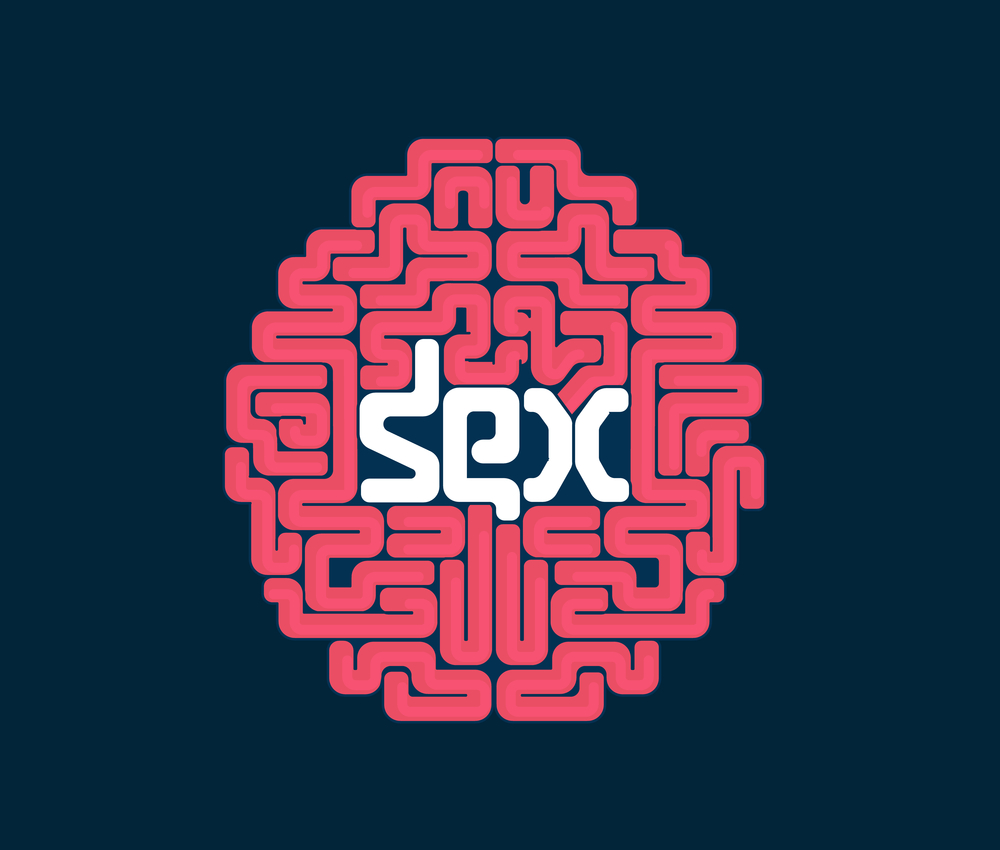Sexual dysfunction is a common adverse effect of antidepressant drugs, particularly SSRIs. One study found that up to 73% of those who take the drugs have their sexual function impaired in some way. More recently, researchers have concluded that sexual dysfunction can persist even after discontinuing the drug. This is known as post-SSRI sexual dysfunction (PSSD).
In a new article, researchers led by Liran C. Peleg at a private clinic and Ilan Gruenwald at the Neuro-Urology Unit of Rambam Healthcare Campus in Israel reviewed the research on this iatrogenic (drug-induced) condition. Peleg and Gruenwald also propose hypotheses about the neurobiology involved in PSSD.
The researchers write that PSSD causes “substantial and prolonged suffering, with devastating effects on quality of life that lead to significant loss of function, culminating in suicide attempts or even successful suicides in several anecdotal cases. No rational or consistent treatment has been found for this disorder.”
 The existence of PSSD is not controversial; it is recognized by the European Medicines Agency (EMA), mentioned in the Diagnostic and Statistical Manual of Mental Disorders (DSM-5), and it has appeared on the US labeling for some antidepressant drugs, including fluoxetine (Prozac), since 2011.
The existence of PSSD is not controversial; it is recognized by the European Medicines Agency (EMA), mentioned in the Diagnostic and Statistical Manual of Mental Disorders (DSM-5), and it has appeared on the US labeling for some antidepressant drugs, including fluoxetine (Prozac), since 2011.
However, antidepressant proponents suggest that sexual dysfunction is a common feature of untreated depression as well, making it difficult to determine if the drugs are actually causing the problem. But drug-induced sexual dysfunction has several features that are unique. Genital (and nipple) numbness, in particular, is almost never reported by people with untreated depression but is a common experience in drug-induced sexual dysfunction.
Other symptoms include lack of libido, erectile dysfunction, and difficulty reaching orgasm. The researchers add that more recent data indicates that the emotional numbing effect of antidepressants may also play a role, with symptoms like anhedonia, apathy, and blunted affect making it challenging to engage with the emotional aspect of sexuality.
The researchers warn that when doctors dismiss these drug-induced symptoms as being caused by underlying depression, patients end up harmed:
“Misdiagnosing this syndrome might lead to harmful treatments including reinstatement of medications which generated PSSD,” they write.
Why does PSSD occur? The researchers reviewed the neurobiology of the condition and found that the disruption of the serotonin system caused by antidepressants (5HT1A in particular) is the likely culprit; they write:
“Sustained high levels of serotonin, even after SSRI discontinuation, are chronically damaging to the serotonin transporter (SERT), as well as the 5HT1A pre-synaptic autoreceptors, and the post-synaptic 5HT1A hetero-receptors functions.”
The researchers write that some clinicians treat PSSD by prescribing buspirone or flibanserin, which may provide some early relief against sexual dysfunction. However, they note that these drugs rapidly become ineffective due to desensitization of the related receptors, leading to worsening sexual dysfunction over time.
Flibanserin went through a controversial approval process, finally gaining approval after drugmaker Sprout shifted outcome measures after the drug failed its primary endpoints and after a marketing campaign accusing the FDA of misogyny for rejecting the drug because of its lack of efficacy.
Ultimately, the researchers write, “No rational or consistent treatment has been found for this disorder.”
They add that clinicians need to become aware of the essential features of PSSD, such as genital numbness, that distinguish it from other causes of sexual dysfunction, although there is no known treatment. However, they do not specify whether patients should be informed that untreatable long-term sexual dysfunction is a risk of SSRI treatment.
****
Peleg, L. C., Rabinovitch, D., Lavie, Y., Rabbie, D. M., Horowitz, I., Fruchter, E., & Gruenwald, I. (2022). Post-SSRI sexual dysfunction (PSSD): Biological plausibility, symptoms, diagnosis, and presumed risk factors. Sex Med Rev, 10, 91-98. https://doi.org/10.1016/j.sxmr.2021.07.001 (Link)















“However, they do not specify whether patients should be informed that untreatable long-term sexual dysfunction is a risk of SSRI treatment.”
In 2015, the UK Supreme Court ruled:
– An adult with capacity is entitled to decide which, if any, of the available forms of treatment to undergo.
– Doctors are under a duty to take reasonable care to make sure that the patient is aware of any material risks involved in any recommended treatment, and of any reasonable alternative or variant treatments.
– The test for materiality was whether, in the circumstances, a reasonable person in the patient’s position would be likely to attach significance to the risk, or the doctor was or should have been reasonably aware that the particular patient would be likely to attach significance to it.
– A doctor’s advisory role involves making sure that the patient understands the seriousness of their condition, and the anticipated benefits and risks of the proposed treatment and any reasonable alternatives, so that they can make an informed decision.
– Doctors are entitled to withhold information about risk from a patient if they reasonably consider that its disclosure would be seriously detrimental to the patient’s health. This is a limited exception and doctors must not withhold information because they think it might cause the patient to opt for treatment that the doctor does not consider is in the patient’s best interests.
Doctors in the UK are simply not respecting this ruling. No one is warned about PSSD, akathisia, increased risk of suicide, or long term emotional blunting and cognitive impairment. How does this change?
Report comment
“The researchers add that more recent data indicates that the emotional numbing effect of antidepressants may also play a role, with symptoms like anhedonia, apathy, and blunted affect making it challenging to engage with the emotional aspect of sexuality.”
Doctors destroying one’s sexuality, without first forewarning their patients, is deplorable medical behavior.
“some clinicians treat PSSD by prescribing buspirone or flibanserin, which may provide some early relief against sexual dysfunction. However, they note that these drugs rapidly become ineffective due to desensitization of the related receptors, leading to worsening sexual dysfunction over time.”
And as one who was “treated” with Wellbutrin, a SNRI, which was “illegally,” but truthfully, claimed to be a “happy, horny, skinny drug.” I will say, trusting in doctors, who know nothing about the common bizarre symptoms of the drugs they prescribe, which describes most the doctors today, is unwise behavior. But “treatment” with Wellbutrin, also, does lead (albeit, as does age) to a lack of interest in sex.
“patients should be informed that untreatable long-term sexual dysfunction is a risk of SSRI – and SNRI – treatment.” Most definitely, this is true.
“– Doctors are entitled to withhold information about risk from a patient if they reasonably consider that its disclosure would be seriously detrimental to the patient’s health.”
But, instead, doctors today are withholding “information about risk from a patient if they reasonably consider that its disclosure would be seriously detrimental to the [doctor’s financial] health.”
“This is a limited exception and doctors must not withhold information because they think it might cause the patient to opt for treatment that the doctor does not consider is in the patient’s best interests.”
In the words of Allen Frances, “It’s bullshit.” And the medical community needs to wake up, and overcome your “delusions of grandeur” you’re in charge. God is, not money only worshipping doctors.
Thank you, Harry and Peter, for pointing out problems with both the British and American medical systems. And I couldn’t agree more, systemic change is needed.
Report comment
I think that SSRI’s mess people up more than any other drug. Yes, they all do harm, especially benzos, but I think that SSRI’s really mess your brain up at a deep level. By delaying the re-uptake of serotonin, you are literally short-circuiting the brain. That’s what a brain zap is: it’s the catching up of the electrical signal of your brain once the serotonin returns to normal levels.
Maybe this is why there is sexual dysfunction?
This is why it’s unsafe to put teenagers on these drugs. At a time when your sexuality is just starting to burgeon forth, and you’re trying to learn to deal with it, you are numbed and stunted.
Report comment